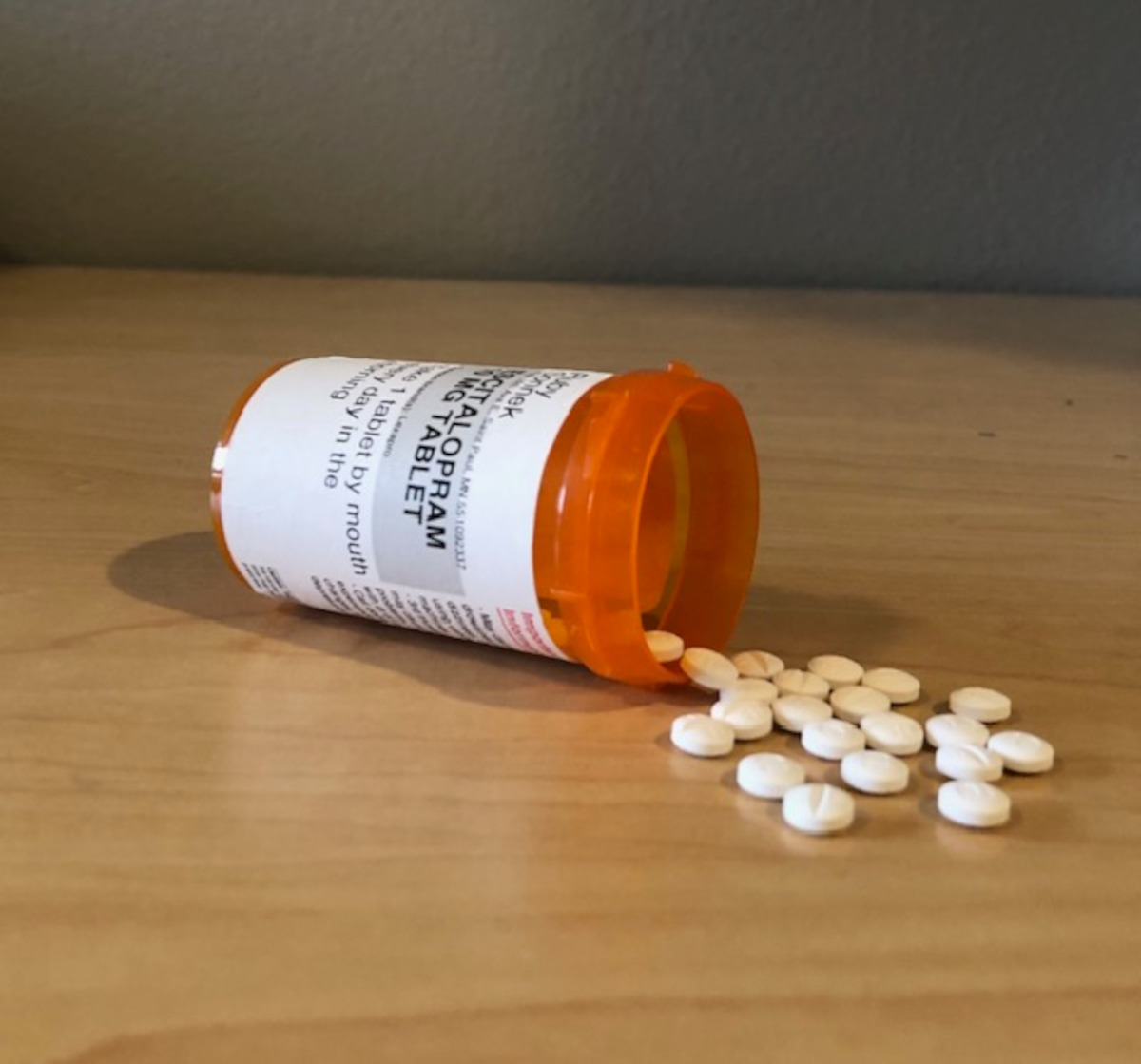Have you ever stopped to think about how much sugar is in that can of Coke or bottle of Mountain Dew you had with lunch or dinner, or in the case of a busy college student, possibly for breakfast? Chances are probably not. If you have, then good for you; if you haven’t, you’re not alone. In fact, you are part of the majority of Americans.
When it comes to making healthy decisions regarding beverage choice, you’re not capable of choosing what’s right for you. At least this is what the Center for Science in the Public Interest (CSPI) suggests in their petition filed last Wednesday with the Food and Drug Administration.
No need to feel insulted. The CSPI isn’t insinuating that it’s your lack of intelligence that prevents you from making good choices regarding your health. They claim that the choice isn’t even an option on the table when it comes to soda.
The American Health Association advises that a person who consumes more than six teaspoons of added sugar for women and more than nine for men is at risk for increasing their chances of disease. That means by choosing a 20 ounce bottle of Mountain Dew, which contains 19.25 teaspoons of sugar, or a 12 ounce can of Coke with 10 teaspoons of sugar, you have already surpassed your daily allowance of added sugar content to remain in the safety zone. Just one bottle of Mountain Dew would more than double the amount allowable for men. And women, you will have tripled your allotted proportion.
On average, most people consume somewhere between 18 to 23 teaspoons of added sugars a day according to data from a National Health and Nutrition Examination Survey and the U.S. Department of Agriculture. High-fructose corn syrup, which acts as a sweetening agent in the beverage, is responsible for a considerable amount of the added sugar in sodas and fruit-flavored drinks.
This case is no exception to the rule that for every action there is a consequence. Among them are obesity, type two diabetes, heart disease, gout, and tooth decay, which are all linked to overconsumption of high-fructose corn syrup and other added sugars. This attributes to the unflattering statistic that two-thirds of adults in the USA and one-third of children are overweight or obese.
Such looming consequences seemed to have escaped the attention of the majority of Americans. However, thanks to the CSPI, the mouth of the movement for regulating sugar content, the government is being forced to take a closer look at the danger of high sugar consumption.
In their petition, the CSPI urges the federal government to determine a safe level for added sugars in beverages. It is supported by 41 nutrition scientists and physicians and the public health departments of 10 major cities including Boston, Los Angeles and Seattle.
This is not the first time the CSPI has gone to bat for you, and my presumption is that where there is need for regulation they will be there to take a stand in favor of public health. This is the same group responsible for the movement against trans fats, which has significantly reduced American’s cholesterol levels and served to promote healthy hearts nationwide.
Personally, I prefer to drink hot green tea. A package of 20 tea bags is less than five dollars and by bringing your own cup from home you can take advantage of the free hot water at any of the Simply-to-Go carts located in Hibbard or Haas.
Riverview Café and Hilltop Bakery also give you the option of refilling your cup with hot water at no cost. On top of the cost advantage, it tastes good when it cools down and turns into cold green tea.
If that doesn’t have you convinced, it’s also full of antioxidants which are powerful infection fighting agents to keep your body healthy. Until the government makes a responsible decision on regulating the sugar content in soda, it is a safer choice than Mountain Dew or Coke.






